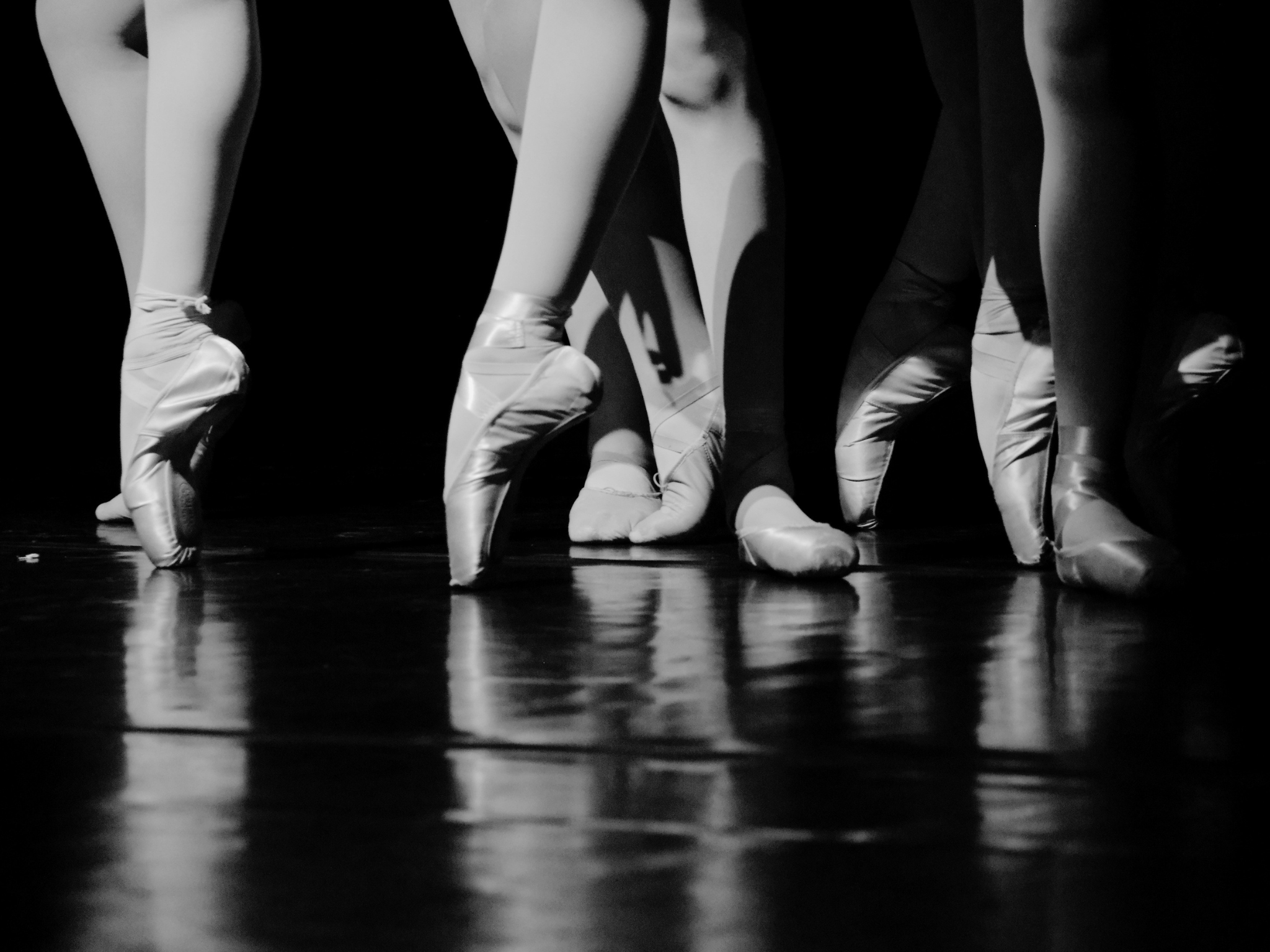Knowledge & Epistemology
Our Module 1 Handbook got me thinking on one thing...
What is knowledge to me? And how have I gained it?
As I asked myself this question, a multitude of thought threads started tangling up in my brain, so I thought a mind map would be the best way for me to seek some clarity.
I am no mind map expert, nor the best visual artist, but this was an extremely elucidative exercise for me.
I am going to share it here on my blog, in the hope that it can initiate conversations.
After doing that, I thought I'd make some research into the topic.
As I was looking on the Internet for the meaning of knowledge, this word kept coming up: EPISTEMOLOGY.
Extremely simplified, epistemology is the study of knowledge.
It is the branch of philosophy that questions what are the necessary and sufficient conditions for knowing something.
Amongst a variety of tasks, epistemologists work on determining the nature of knowledge.
They divide knowledge into two main categories:
- procedural knowledge: or the "know-how" (e.g. to know how to swim without knowing a lot about swimming).
- propositional knowledge: or knowing facts (e.g. to know about swimming without knowing how to swim).
Procedural knowledge is often referred to as 'knowledge by acquaintance', since the subject is in experiential contact with the portion of reality known. Propositional knowledge, on the other hand, is what the subject knows is a true proposition about the world; which has to be a true and justified belief.
Although philosophers tend to focus on the latter, I was particularly drawn to the value that can be found in procedural knowledge.
As dance artists we are head to toe immersed in our professional practice, and we learn a lot through our first hand experience. I personally think that our experiential research, and introspective reflection on it, can be a gold mine of knowledge, which does not deserve to be relegated to being the disregarded stepsister of propositional knowledge.
Throughout this Module, I intend to keep on reflecting on this, and see if I can find any academic resources that can back up my argument.
Thank you so much for reading,
Elly
The information for this blog post was gathered from Wiley Online Library, Stanford Encyclopedia of Philosophy, Internet Encyclopedia of Philosophy and Carneades.org





Elly! I really like how you articulated the visual map and did further research about epistemology! I remember doing similar research when I was in module one. Thanks for sharing!
ReplyDeleteThank you so much for stopping by! Have a great day!
Delete